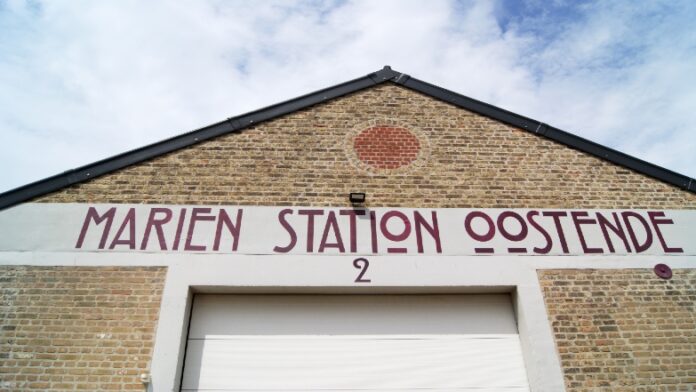The ocean is the largest ecosystem on earth and invaluable for the survival of our planet. But it is an ecosystem under pressure. To protect the ocean and to promote ocean sciences as a tool for innovative solutions for a healthier and more resilient ocean, the UN Decade for Ocean Science for Sustainable Development was launched this week.
Plankton: Hero of the ocean
Novel scientific solutions are being deployed worldwide. Among these are high-tech underwater robots sampling the ocean floor for plankton. As plankton is such a small organism, it is highly sensitive to change and therefore has an important early warning function for climate change. Scientists are unveiling those microscopic changes in plankton.
Underwater robots are also used to take carbon samples. These are then examined to investigate the impact of human activity on the natural balance between the ocean and the atmosphere. The ocean absorbs more than 90% of the excess heat from greenhouse gases, protecting us from further temperature rises due to climate change. However, the higher the carbon rates measured in those samples, less the ocean will be able to play that protective role.


To mark the launch of the UN Ocean Decade, UNRIC visited the Flanders Marine Institute (VLIZ) and its multilateral and international partners in Ostend, a city located in Belgium’s northern region of Flanders.

Flanders as a knowledge hub
VLIZ is a coordination and information platform for marine scientific research and has its roots in the Ostend Marine Station, the oldest research institute for ocean sciences in the world.
The institute conducts cutting-edge research, including on its research ship, the Simon Stevin, equipped with two ‘on board’ labs and several high-tech underwater research robots. The institute’s robots travel the world to support scientists in their ocean research. VLIZ also houses the authoritative World Register of Marine Species Database.
Activities for the UN Ocean Decade are coordinated by UNESCO’s Intergovernmental Oceanographic Commission (IOC), the UN body responsible for supporting global ocean science and services. The international training center of the IOC, the IODE Project Office, is an important VLIZ partner and also located on the Ostend premises.
VLIZ actively contributed to the World Ocean Assessment, the scientific basis for the UN Ocean Decade and source for national and international policy recommendations. They also work closely with the European Marine Board, a leading European think tank for ocean science policy and the European Marine Observation and Data Network, an EU marine knowledge initiative of the European Commission’s Directorate-General for Maritime Affairs and Fisheries (MARE).
“Although Flanders and the small area of sea on our doorstep might disappear into thin air on an international scale, this knowledge hub, based in a tiny region, really makes a difference”, VLIZ spokesperson Jan Seys says.

Ocean decade: instrument for innovative solutions
On the occasion of World Oceans Day (8 June), on the theme of this year’s observance, ‘The Ocean: Life and Livelihoods’, UN Secretary-General António Guterres stated that it “underscores the importance of oceans for the (…) survival of (…) more than three billion people who rely on the ocean for their livelihoods, the vast majority in developing countries.”
The Ocean Decade is more than a scientific exercise, it aims to change society through scientific innovation and technology.
According to VLIZ spokesperson Seys, “a good balance between economic, social and ecological aspects is the ultimate goal. Science at the service of a liveable world, now and for future generations.”
Useful links

